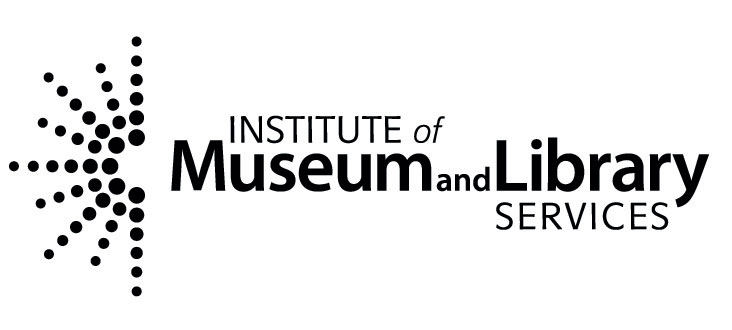
Access Map HERE

No matter what your family make-up is, where you live or what your dinners are like right now, you can be a part of The Family Dinner Project. The only thing you need to do is share a meal with the people closest to you. Choose from our many free resources designed to help you improve your family dinners and meet your mealtime goals.
Interested in partnering with The Family Dinner Project?
Bring us to your community with workshops, partnership programs, and more!

Food always brings people together, why not at the library? The New Hampshire State Library seeks to improve food literacy at libraries around New Hampshire by providing resources for education about food, nutrition, healthy eating, and cooking that support and improve community health.

Free Webinar
Thursday, April 18 @ 1 pm
Colleen Stewart of the NH Food Alliance hosted a webinar on a toolkit she created to connect New Hampshire's library communities with our local food system. She will share how librarians can use the resources and information in the toolkit to provide food-focused reading suggestions for all ages (the Live Free + Eat Local Reading Guide!), craft programming about local food for their patrons, and get their community involved in local food celebrations, like NH Eats Local Month in August. Join this webinar and become a partner!
More information about Colleen’s work:
The NH Food Alliance, the statewide network behind NH Eats Local Month, is coordinated by the University of New Hampshire’s Sustainability Institute. The NH Food Alliance engages and connects people dedicated to growing a thriving, fair, and sustainable local food system in the Granite State. Learn more about the NH Food Alliance here: https://www.nhfoodalliance.org
NH Eats Local Month is a month-long collaborative grassroots marketing campaign that promotes New Hampshire grown, caught, and produced food by connecting Granite Staters directly to farmers, fishers, restaurants, food producers, markets and farm stands, and other food-related businesses. From the Seacoast to the North Country, NH Eats Local Month rallies around New Hampshire’s food and farm economy by gathering Farmers’ Market guides and Pick Your Own lists, sharing stories about farmers, chefs, brewers, and other food producers, and partnering with local food-focused organizations and businesses. Learn more about the NH Eats Local Month here: https://nheatslocal.com
Does Your Library Live Free + Eat Local? Interest Form
Fill out this form if you are a New Hampshire library interested in partnering for 2024 NH Eats Local Month.
The Kitchen in a box contains common kitchen tools and appliances for a public library program. This kit was modeled on kits that the Culinary Literacy Center at the Philadelphia Free Library built for their branch libraries to utilize.
To borrow--contact Deborah Dutcher, Library Services Library.
Notice: Thanks to ARPA funds, we now have a second Kitchen in a Box circulating.
Everyone has a role to play in increasing healthy living, including libraries! Let’s Move in Libraries is an international initiative to get people of all ages and abilities on the path to health. With their impressive reach and great potential for impact, public libraries can and do support healthy communities through StoryWalks®, seed collections, Yoga classes, gardens, cooking classes, and much, much more. Through Let’s Move in Libraries, public libraries can come together with partners to answer the call to action.
Julie Elmore, Library Director, Oakland City – Columbia Township Public Library, Oakland City, IN (Population served: 3,830)
While some libraries have policies against having food in the library, the Oakland City – Columbia Township Public Library in Indiana embraces food and actively works towards incorporating it across many areas of programming in unique ways. Drive through food pick-ups, growing a vertical indoor garden, programming around food, and partnering with the regional food bank to distribute monthly supplemental food boxes to seniors are just some of the ways this library is helping to combat food insecurity in small and often hidden ways in their community. Julie will share tips about creating partnerships with community organizations and finding the grants to help make these food programs successful.


This project was made possible in part by the Institute of Museum and Library Services and the New Hampshire State Library.